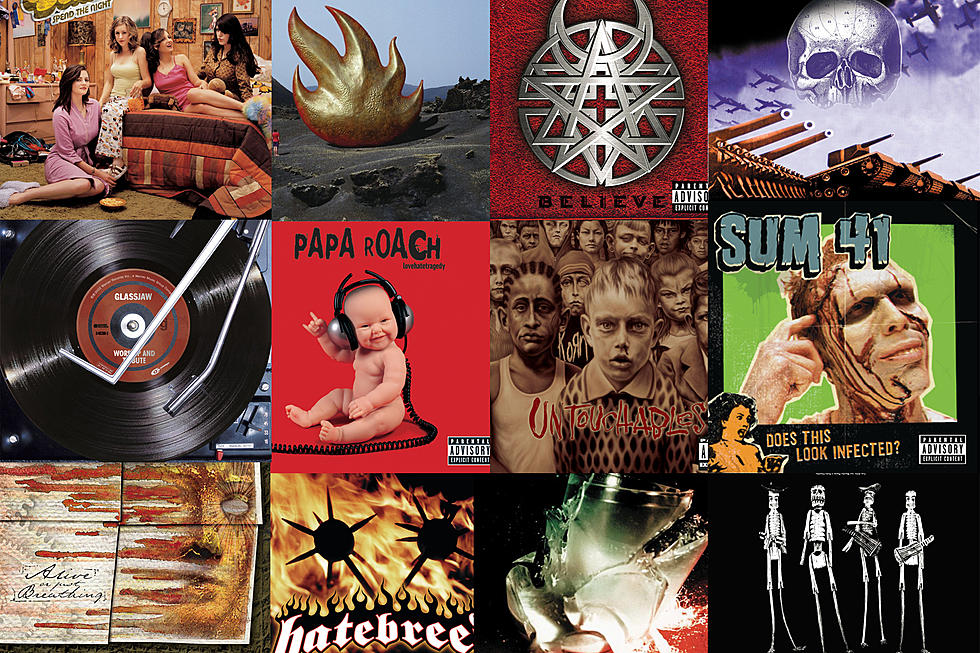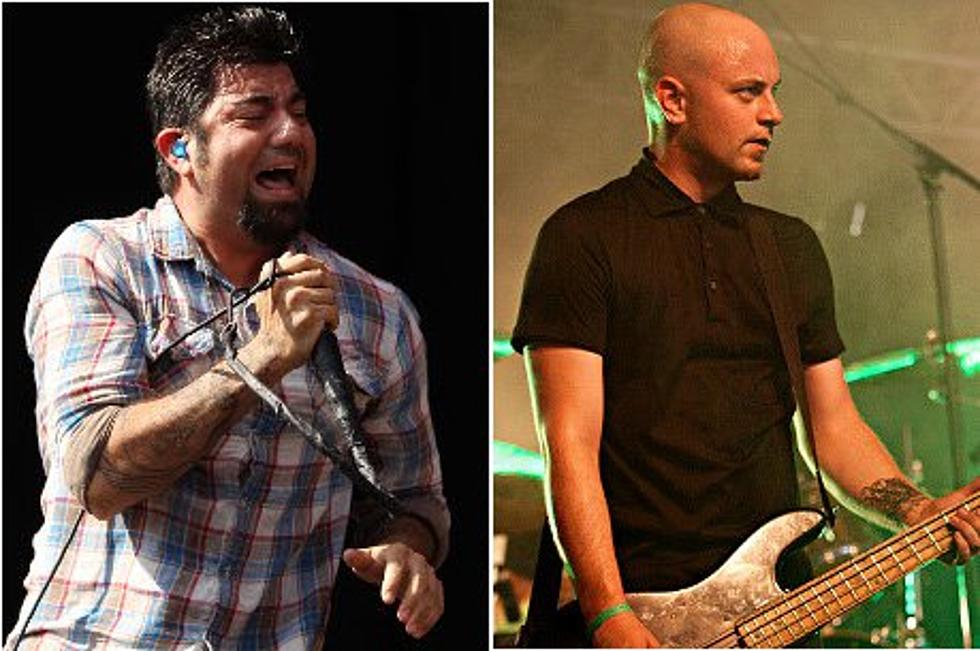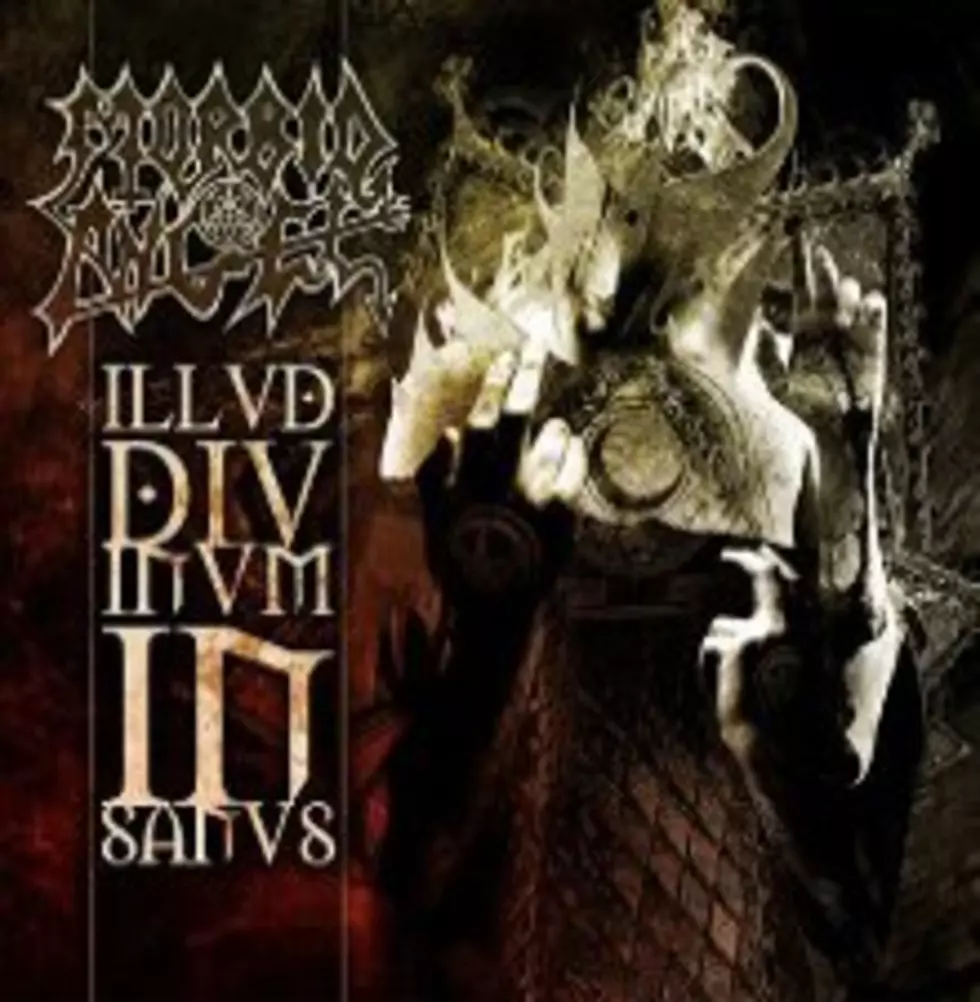
Isis and Hydra Head’s Aaron Turner on DIY Beginnings — Exclusive Interview
When Isis announced their break up last year, it heralded the end of an era in extreme music. For over a decade, Isis consistently released genre-defying records that challenged their listeners by aggregating sonic intensity with emotion and melody. The band also maintained a strong visual identity with their albums, posters, and promotional artwork. Isis was originally founded by Aaron Turner and Jeff Caxide in Boston, Massachusetts during the late nineties. Isis released what would become their swansong record, 'Wavering Radiant,' in 2009, just before doing one final tour through North America. The band decided to officially and personally say farewell to their fans and go out on a positive note, thus avoiding the slow, painful decline to which many bands have fallen victim.
In addition to his tour of duty in Isis, Turner is also the founder of Hydra Head Records, an entity that has evolved from a D.I.Y. hardcore distro into a trend-setting, progressive record label that is home to bands such as Torche, Xasthur, Keelhaul, The Austerity Program, and Cave In.
Turner has also been active in collaborations and side projects ranging from House of Low Culture to the USBM supergroup, Twilight.
These days, Turner's musical focus is on Mamifer, a project founded by his wife Faith Coloccia. Their new record, 'Mare Decendrii', is available on their own label, SIGE.
When did you start Hydra Head Records?
Hydra Head was a mailorder and local distro started in 1993. I may have booked a local show or two under this name as well. The label started in 1995 when I put out the Vent 7" - HH666-01... I think it was the fall of '95 when that 7" finally "came out" - which really just meant that the boxes from Erika Records showed up at my house and I started sending them out to zines and distros.
The mailorder/distro thing was something I just started on a whim. I saw an ad in some zine about buying releases from Ebullition Records at wholesale, and it just seemed like an interesting experiment. The discovery of the underground world of DIY labels/bands/zines was of monumental significance to me at that stage in my life, and figuring out how to become an active participant in that world become a goal for me. There was a dearth of sources for more obscure underground stuff where I was living at the time [Santa Fe, NM], and I was hoping to be able to provide some stuff for the local community that was hard to get otherwise. This was in the days before internet ordering. Not so long ago really, but things were very different then in terms of how people actually encountered and obtained underground music. As far as the label goes, it seemed like the next logical step after starting the distro. In fact, it seemed much more interesting to me as I could be more deeply involved with the people making the music I was discovering and enjoying, and also be involved in the process of putting a record together and getting it out into the world.
At what point did you see the label as its own living entity and not just a hobby?
I guess I never really saw it as a hobby. That word has some weird connotations for me -- like something you do in your spare time away from your "real" life. As soon as I started the label I became deeply immersed in the activities relating to it and very excited about the whole process. I guess I recognized a rather radical shift in the label as whole when 2-3 years into it, the amount of records I was selling jumped considerably, and it seemed the public profile of the label grew considerably. That is when I recognized that it wasn't just me putting out records when and where I could, but something that other people were becoming aware of and interested in. It was no longer my secret operation, but something that was becoming part of the world, though still on a very miniscule level.
Back in those days, it seemed like there were a lot of labels operating in the D.I.Y. hardcore scene. Kids bought records back then, before the internet and free mp3 downloads. How has Hydra Head changed to stay afloat?
We haven't really changed all that much, except now we actually try to put together budgets for projects so we can plan a little more precisely rather than just going for it and hoping for the best. CD sales have certainly plummeted in the last few years, but if anything it's brought us closer to our roots - stripping things down, only doing what is essential, focusing on the very personal aspects of running a small label. Things got sort of bloated in the mid 2000's -- bands were getting huge budgets, formerly small indies were blowing up and doing deals with major label distribution and labels, the internet became a much bigger part of operating, and things got sort of out of control in a way. I must say, as distressing as it is that people just steal music left and right now with no thought about the consequence to the artists and labels, it's cool in a way that people have to get back to basics, stop thinking in such massive terms and deciding whether or not they love their craft enough to keep going. It's cutting out those who are purely profit and power-oriented and leaving those who are truly dedicated to this way of life.
Check back next week for more of Noisecreep's exclusive interview with Aaron Turner.
Watch the video for 'Holy Tears' by Isis
More From Noisecreep









